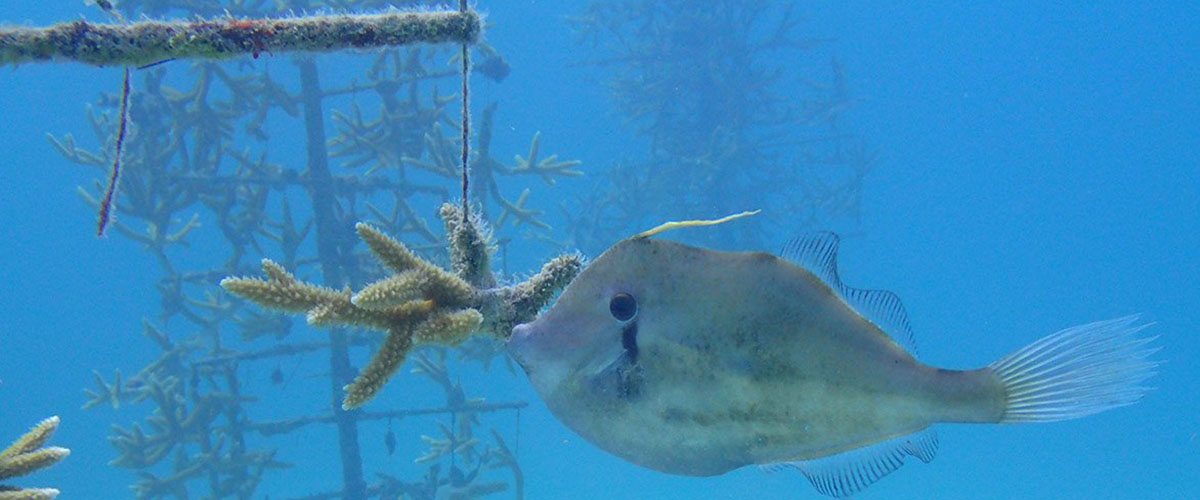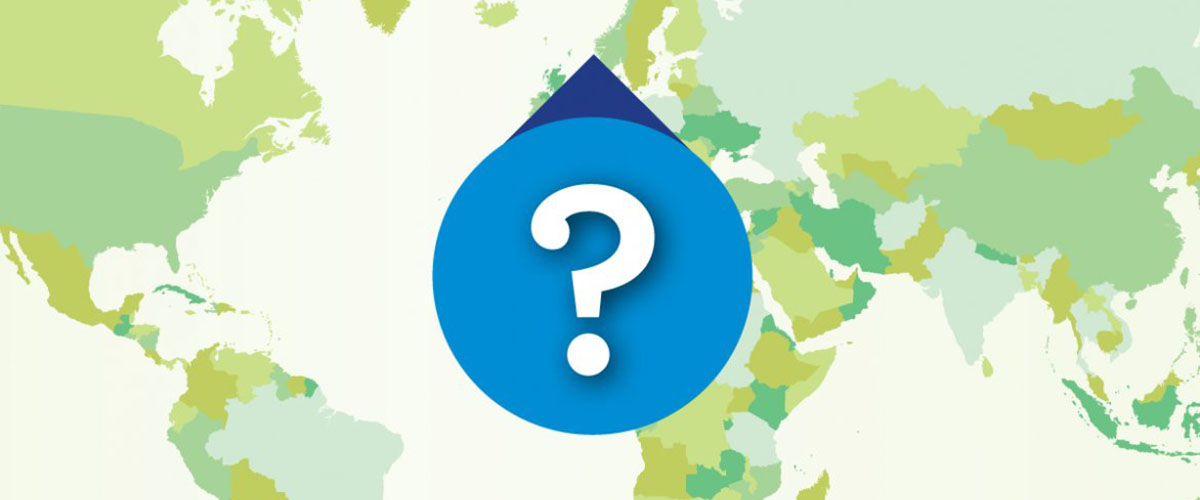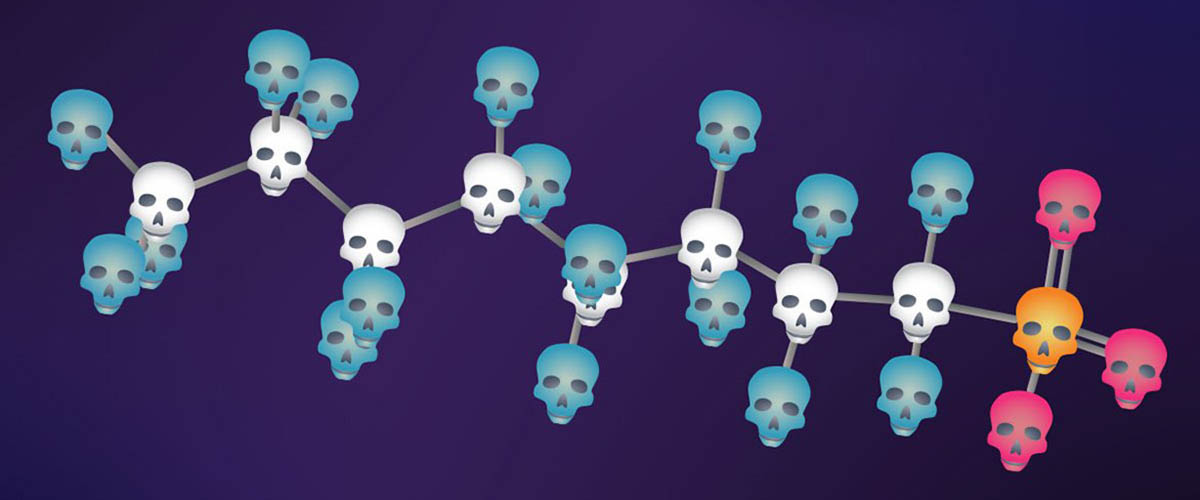Global threats to our planet's coral reefs are mounting; more than half of these critical ecosystems have disappeared in recent decades. In hopes of helping coral survive our warming oceans, scientists from the University of Florida recently did some experiments at the National MagLab.
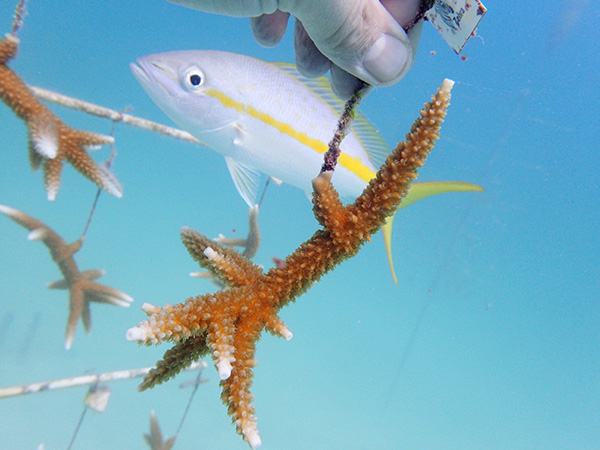
The team retrieved tissue from staghorn coral — which is often planted in reef restoration efforts — from a nursery off the Florida Keys. The samples were of three different genotypes — animals (yes, corals are animals) with three distinct genetic makeups. They analyzed the samples using a strong nuclear magnetic resonance magnet to compare the chemical makeup of certain metabolites among the three genotypes.
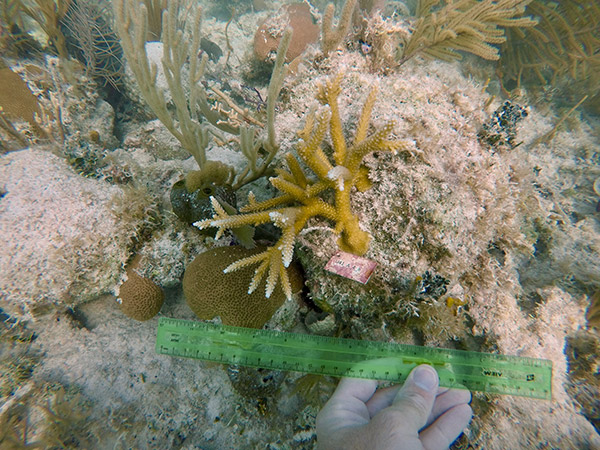
Their hypothesis: Even among genotypes of the same species growing in the same place they would find variation in important molecules. Some of those variations would better protect the coral from the stress of climate change.
The data confirmed the scientists' hunch. In some samples, for example, they identified a molecule that may protect the coral against nitrogen overload. The team's work sheds light on the underlying mechanisms that help coral survive and could help future efforts to restore damaged coral reefs.
Read more about this research in Scientific Reports.
Story by Kristen Coyne
Images courtesy of Joshua Patterson.



